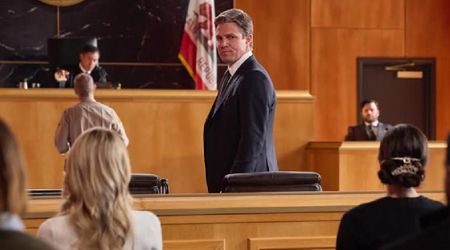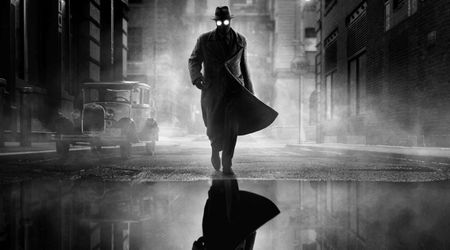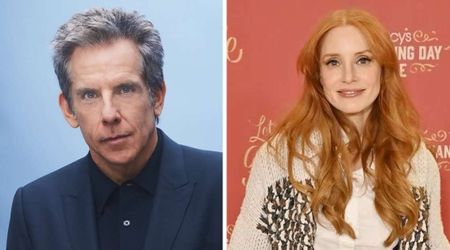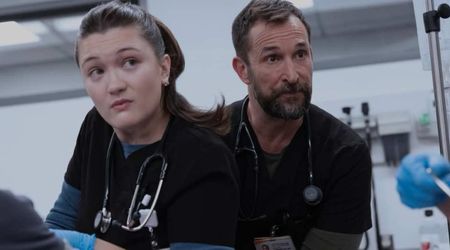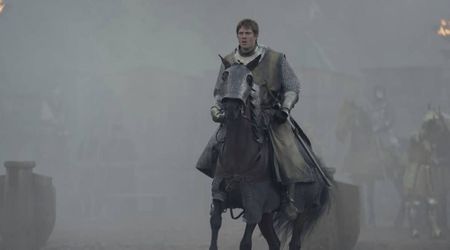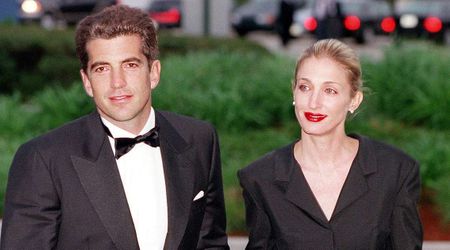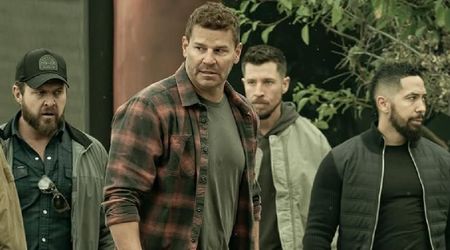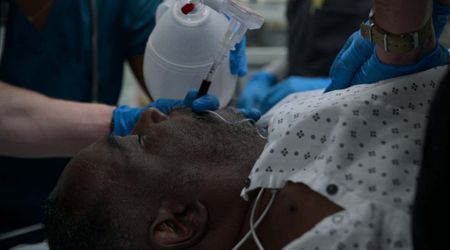'Deutschland 89' Finale Review: Martin's final assignment is complete with Germany's unification

It takes no expert to gauge that the reunification of Germany was a chaotic time. The fall of the Berlin Wall ignited among people hope for a better world and a sense of freedom - both denied to generations for decades. And now, as the two divided parts of East and West Germany stand at the brink of reunification, there are huge changes underway. And the final two episodes of 'Deutschland 89' capture Martin Rauch (Jonas Nay) as he races against time to put an end to any naysayers who might become hurdles, mainly his aunt Lenora Rauch (Maria Schrader).
Martin follows her to Markus Fuchs' (Uwe Preuss) exile in Italy. While she manages to escape just in time for Martin to get rid of her, her radical plans to assassinate Helmut Kohl, the chancellor who was driving democracy talks throughout the two factions, eventually fails.
The main theme of 'Deutschland 89' is making a keen exploration into reinvention in the face of chaos. Over the course of a century, Germany reinvented itself four times - from a monarchy to a failed democracy to a fascist dictatorship, a communist dictatorship - before it finally managed to become a successful democracy. These changes were particularly hard on the people who lost their rights and freedom to countless secret agencies.
It is in the finale episode, during his confrontation with Lenora, that Martin finally reveals what he wants from their situation - returning the rights of the people back to them without radicals like his aunt forcing their decisions upon them. Since 'Deutschland 83', the first season of the series set in 1983, it has been six years that Martin is running around doing secret agencies' bidding, often even going off-script. But now, he simply wants it all to end – he wants out. With a sense of home, family, and love, today Martin no longer wants to be a mere pawn – he wants free.
As much as 'Deutschland 89' is a case study as an impressive piece of television fusing facts with fiction, it also scores high on these fictional characters who either place themselves in harm's way or are a danger themselves. Caught in between are regular citizens, just like us, who are simply numbers and names in their files.
Nearing the end of the show, Martin tells Nicole (Svenja Jung), as they watch his own funeral from a distance awaiting the passports that will give them a lease to a new start, "Capitalism and democracy won. The Cold War is over. Why would they still need spies?" indicating the end of HVA, KGB, BDA or any miscellaneous agency.
But is it though? The use of intelligence services is relevant now more than ever - only the modes have evolved. Earlier, information on people needed to be stolen, today, it is provided by people themselves. The final moments of the show actually put the question forth if democracy really won, if the people and their free will won. As a montage runs clips of old recent political developments around the world (including Donald Trump's wall which is compared to the Berlin Wall) the show asks one question: was it worth it to save the world?

